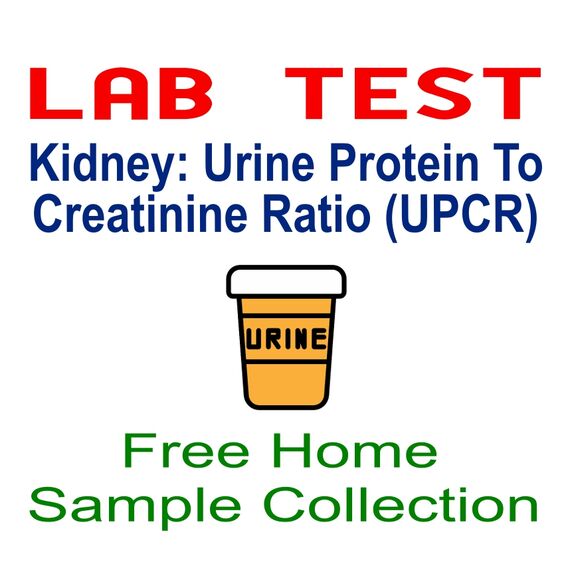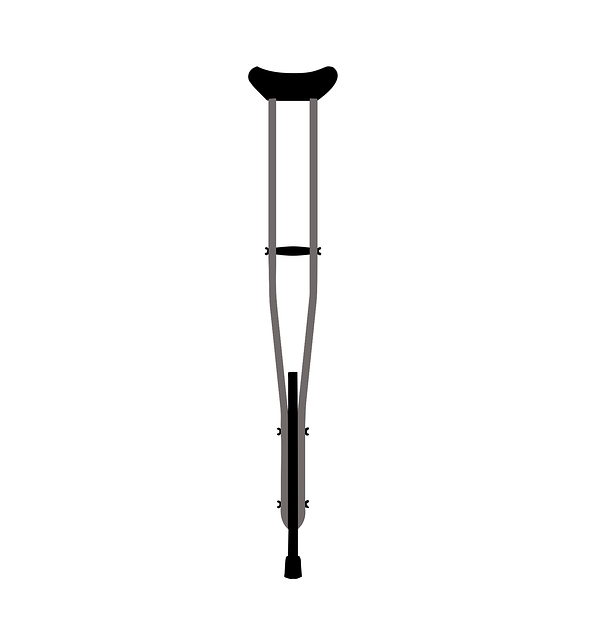This test is aslo known as 24-Hour Urine Protein, Urine Total Protein, Urine Protein to Creatinine Ratio (UPCR), UPCR, Urine Protein and Urine Protein to Creatinine Ratio Test, Urine Protein Creatinine Ratio Spot.
A urine protein creatinine ratio (UPCR) test is a urine test. It measures the levels of protein and creatinine in your urine (pee). Creatinine is a waste product produced by your muscle cells as they use creatine (a natural chemical that gives your muscles energy).
When your kidneys work like they should, they filter waste products, including creatinine, out of your blood. They exit your body with your pee.
A UPCR test gives your healthcare provider important information about how your kidneys are working. The results of this test help your provider diagnose conditions that can cause kidney damage. UPCR is also used to monitor how well treatments are working. Depending on the results, your provider may recommend further tests or treatments.
Input your data
The Protein Total 24-Hour Urine with Creatinine test is a diagnostic assessment that measures the total amount of protein and creatinine levels in urine collected over a 24-hour period. By analyzing the content of proteins and creatinine in the urine over an entire day, this test provides valuable insight into kidney function and potential abnormalities.
Your healthcare provider may order this test when there is a need to evaluate and monitor kidney function, mostly if an you have symptoms or signs of kidney disease like:
- Swelling or edema (especially around the eyes, legs, or feet).
- Unexplained weight gain.
- Fatigue or general weakness.
- Urine that appears foamy or frothy.
Also, your healthcare provider may order this test if you are with known kidney conditions or diseases or you are at risk due to conditions such as diabetes or hypertension.
The doctor can prescribe UPCR when you are suspected wth the following conditions
- Chronic Kidney Disease (CKD): Persistent kidney damage over time.
- Glomerulonephritis: Inflammation of the glomeruli, the tiny filters in the kidneys.
- Nephrotic Syndrome: A condition characterized by heavy proteinuria, low blood protein levels, high cholesterol, and edema.
- Diabetic Nephropathy: Kidney damage resulting from long-term diabetes.
- Lupus Nephritis: Kidney inflammation caused by lupus, an autoimmune disease.

No special preparations required.
None
Same day or next day
A blood sample drawn from a vein in your arm known as "Vanipuncture".
Sample report in a format
No reviews found




